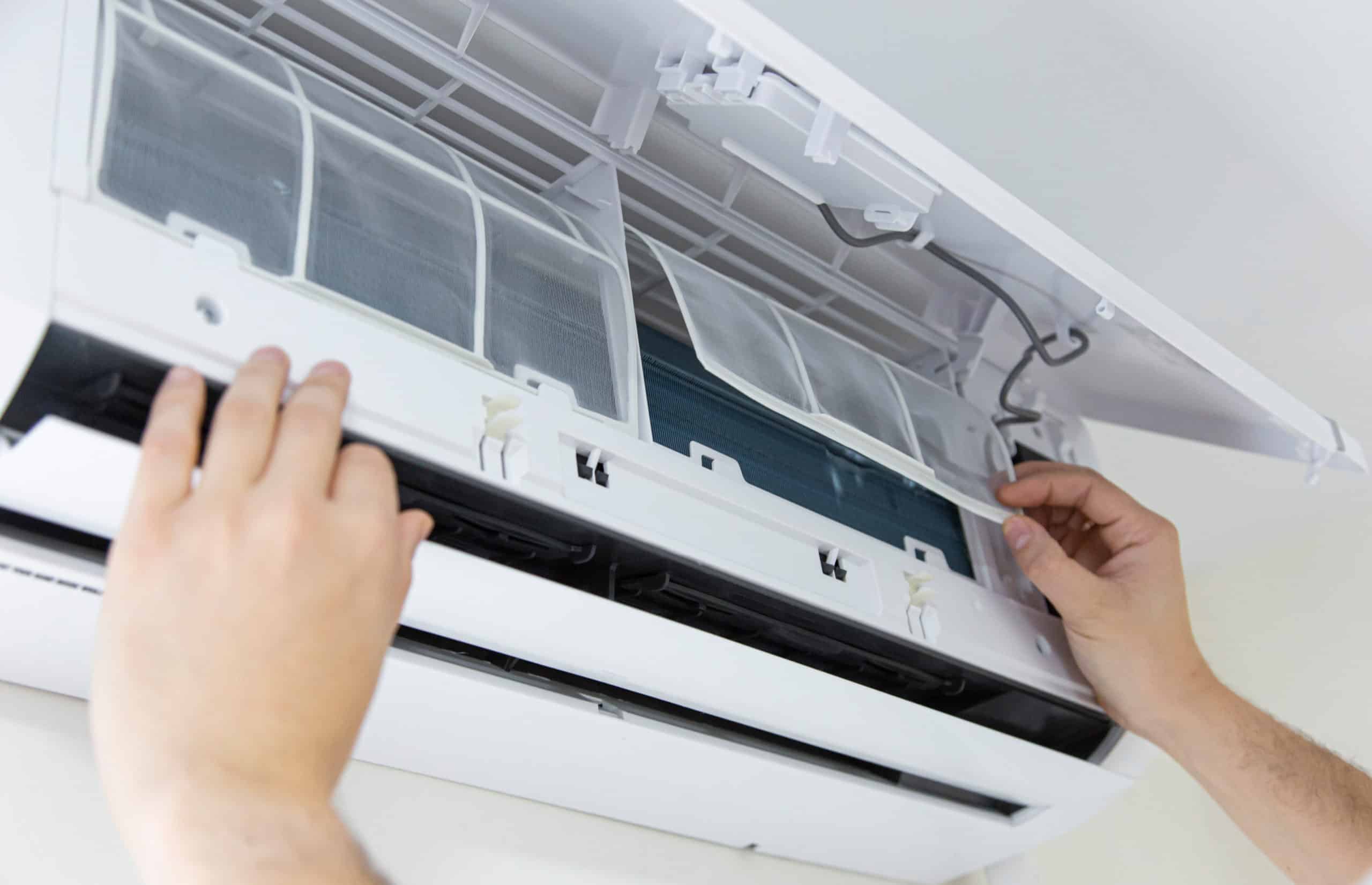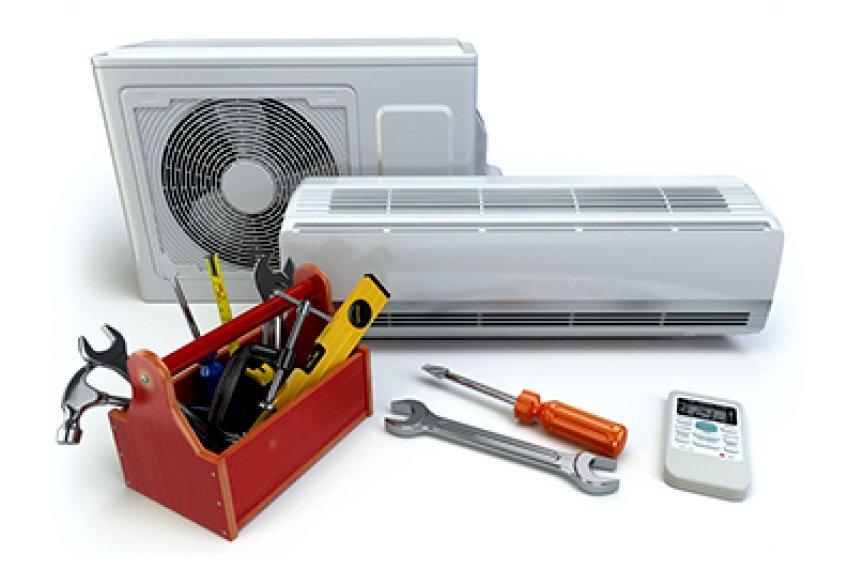Little Known Facts About Ac Air Conditioner Repair.
Air Conditioning Repair: Professional Cooling System Restoration Ensures Your Home Remains Comfy Throughout The Year
Types of Air Conditioning Systems
When taking on AC repair work, understanding the type of air conditioning system you're handling can save time, cash, and stress. Ever wondered why some systems cool a space quicker than others? Or why certain systems appear to break down more often? Let's peel back the layers.
Central Air Conditioning
The 6-Minute Rule for Repair Air Conditioner Near Me
Imagine a cool breeze flowing through an entire home, whispering comfort into every corner. Central air systems do exactly that. They use a network of ducts to disperse cooled air, relying on a compressor and condenser outside, combined with an evaporator coil inside. But when this complex monster fails, determining the concern can be like finding a needle in a haystack.
Split Systems

Split systems are a popular choice for numerous homes-- part indoor unit, part outdoor compressor. They use flexibility and performance, however their dual nature implies repair can involve either component. Have you ever heard an unusual noise outside your home only to find the indoor unit isn't cooling? That's a timeless sign of a split system problem.
Excitement About Air Conditioning Repair Near Me
Window Units
These compact warriors fight summer season heat by fitting snugly into a window frame. They combine all elements into a single box. Their simplicity typically implies less repair work headaches, however disregarding filters or allowing particles accumulation can result in diminished performance or breakdowns.
Ductless Mini-Splits
Air Conditioning Repair for Dummies
Ductless systems bypass ductwork totally, making them perfect for homes without existing ventilation. They're peaceful, efficient, and remarkably durable. Yet, when repairs are required, specialists must be adept at managing refrigerant lines and electrical connections-- no little task.
Quick Recommendation Table
| Type | Secret Includes | Typical Repair Work Issues |
|---|---|---|
| Central air conditioning | Ductwork, whole-house cooling | Duct leakages, compressor failure |
| Split System | Indoor & & outside systems | Refrigerant leaks, fan motor issues |
| Window Unit | All-in-one, simple installation | Dirty filters, electrical faults |
| Ductless Mini-Split | No ducts, zoned cooling | Line leakages, sensor breakdowns |
Air Conditioning Repair Near Me Can Be Fun For Anyone
Deciphering one of the most Regular Air Conditioning Problems
Have you ever wondered why your a/c suddenly stops cooling during a sweltering afternoon? One typical offender is a filthy or clogged up air filter. This tricky villain restricts airflow, forcing your system to work overtime, which not just reduces performance but can also result in premature breakdowns. Envision trying to breathe through a scarf taken in dust-- it's tiring!
Another regular hiccup is refrigerant leaks. These invisible leaks do not simply decrease cooling power however can also harm the compressor, the heart of your air conditioning system. How often do you look for unusual hissing sounds or ice formation on the coils? Catching these indications early can conserve you from pricey repairs down the line.
Beyond the Fundamentals: Lesser-Known Issues
How Ac Air Conditioner Repair can Save You Time, Stress, and Money.
Often, the thermostat itself is the troublemaker. Miscalibrated or faulty thermostats send out blended signals, triggering the air conditioning to cycle erratically. Ever experienced your air conditioner switching on and off in rapid succession? That's called short biking, a sly performance drainer that can use out elements quicker than you 'd expect.
Electrical problems, such as worn wiring or a malfunctioning capacitor, might hide beneath the surface. AC Repair Near Me. These often manifest as air conditioning units failing to start or unexpectedly closing down. An expert eye understands to evaluate these parts with precision tools, something a casual glimpse won't reveal
Expert Tips for Diagnosing Common AC Concerns
Everything about Air Conditioner Repair Near Me
- Inspect and change air filters routinely-- every 1 to 3 months depending on use and environment.
- Listen for uncommon sounds like rattling or buzzing that could indicate loose parts or electrical faults.
- Examine the outside system for debris or obstructions that hamper airflow and cause getting too hot.
- Look for frost accumulation on evaporator coils, a tip towards refrigerant problems or airflow constraints.
- Evaluate the thermostat settings and recalibrate if the temperature level readings feel off.
Quick Reference Table: Manifestation & & Probable Triggers

| Symptom | Probable Cause | Specialist Idea |
|---|---|---|
| Warm air blowing | Low refrigerant or filthy coils | Tidy coils and look for leaks right away |
| Short cycling | Thermostat problems or oversized unit | Change thermostat settings and speak with sizing guidelines |
| Unit won't start | Electrical faults or capacitor failure | Test electrical wiring and replace capacitors as required |
| Water leakage | Obstructed drain line or frozen evaporator | Clear drain lines and check for coil icing |
DIY AC Maintenance Tips
Some Known Questions About Air Conditioning Repair.
Ever observed your air conditioning unit sputtering like an old engine on a hot summertime day? Neglecting subtle signs frequently means more than simply a sweaty afternoon-- it's a start to unanticipated air conditioner repair costs. What if you could catch those click here whispers before they turn into wails? Regular DIY maintenance can be your first line of defense.
Basic Actions to Keep Your Air Conditioner Running Smoothly
How Repair Air Conditioner Near Me can Save You Time, Stress, and Money.
- Clean or Change Filters: A stopped up filter is like attempting to breathe through a scarf. Every 1-3 months, examine and switch out your filters. It enhances airflow and effectiveness, avoiding compressor stress.
- Check the Condenser Coils: Dust and debris act as undetectable blankets smothering your system's cooling power. Gently brush or vacuum the coils, but prevent severe chemicals that may erode the metal.
- Check the Drain Line: When was the last time you glanced at your drain pan? A blocked drain can trigger water leaks and foster mold development. Flushing it with a vinegar solution regular monthly keeps the flow clear.
- Seal and Insulate: Are your ductworks whispering leakages? Sealing gaps with mastic or foil tape improves effectiveness and cuts down on uneven cooling.
Pro Tips Beyond the Basics
- Step your system's voltage to capture subtle electrical wear before it stimulates big problems.
- Listen for uncommon hums or rattles-- these acoustic breadcrumbs often indicate loose parts or stopping working motors.
- Keep outside systems shaded but guarantee at least two feet of clearance around them for ideal air flow.
Ask yourself: Are you hearing your air conditioning's quiet SOS or simply waiting for it to shout? Requiring time for DO IT YOURSELF a/c upkeep transforms reactive repair work into proactive care, saving sweat, tension, and yes, money.
Unknown Facts About Air Conditioner Repair Near Me
Why Proficiency in Air Conditioner Repair Matters
Envision this: your air conditioner system sputters and groans during a scorching afternoon, leaving you sweltering inside your home. Would you rely on a beginner fumbling with fragile elements, or would you seek the reassurance of a professional air conditioning technician!.?.!? The complexities of contemporary air conditioning systems require precision and experience. A small mistake can intensify a small breakdown into an expensive catastrophe.
Air Conditioner Repair Near Me Things To Know Before You Get This
Hidden Complexities Behind the Cool Breeze
Numerous undervalue the layers concealed beneath the smooth exterior of an a/c unit - AC Air Conditioner Repair. From refrigerant leakages that calmly drain pipes performance to defective thermostats that misread temperature levels, these concerns need more than a fundamental toolkit. Specialists possess an eager eye for diagnosing problems that average property owners neglect
Important Tips for Picking the Right Technician
The Best Guide To Repair Air Conditioner Near Me
- Accreditation and Training: Verify qualifications; a technician trained in the most current heating and cooling technologies is invaluable.
- Experience with Particular Systems: Not all air conditioning systems are created equivalent; find somebody familiar with your model's quirks.
- Diagnostic Approach: Skilled specialists use advanced tools-- like electronic leakage detectors and thermal imaging-- to identify surprise faults.
What to Anticipate from a Pro's Diagnostic Process
| Step | Purpose | Professional Insight |
|---|---|---|
| Visual Assessment | Identify obvious wear or damage | Search for corrosion or unusual sounds-- a dead giveaway typically disregarded |
| Pressure Checking | Discover refrigerant leakages | Subtle pressure drops can mean micro leaks undetectable to the naked eye |
| Electrical Checking | Ensure circuit stability | Loose connections can simulate severe mechanical failures |
The 6-Second Trick For Fix Air Conditioner
Why DIY Typically Falls Short
Appealing as it is to play with your air conditioner unit, do it yourself fixes regularly miss the origin. For circumstances, complementing refrigerant might momentarily cool your area however overlooks leakages that worsen with time. Expert professionals don't just spot symptoms; they hound the underlying mechanical and electrical faults that sap performance.
Some Ideas on Air Conditioning Repair You Should Know
Concerns to Ask Before Employing
- What diagnostic tools do you use to determine issues?
- Can you describe the repair work procedure and anticipated results?
- Are you familiar with the refrigerants suitable with my unit?
- Do you follow security protocols for dealing with electrical elements?